
Marks & Spencer, Tesco, Unilever and Reckitt Benckiser are among some of the UK’s largest listed companies leading the way in ending modern slavery, according to CCLA Investment Management’s first Modern Slavery Benchmark this week.
The benchmark, which splits companies into four different performance tiers, is a tool for investors to understand which companies are actively fighting – and to what extent – to erase modern slavery from their supply chains.
Tesco, Unilever and M&S ranked in the first tier after “displaying an evolved and mature approach to human rights due diligence, with extensive discussion on the risks, case studies on systemic modern slavery risks in the sector, and discussion on meaningful activity to find, fix and prevent modern slavery”, the report said.
Others such as ABF, Sainsbury’s and Diageo were placed in the second tier, defined as evolving good practice.
“As investors we are in a strong position to contribute to ending modern slavery in businesses,” said Martin Buttle, better work lead at the CCLA, the UK’s largest charity fund manager.
“We recognise modern slavery is a material risk for companies and that they need to do more to find, fix and prevent it on a global scale.
“While benchmarks may be a crude measure, the gathering of such data is important and enables more meaningful, targeted and potentially fruitful discussions between investors and companies to tackle modern slavery within a company’s own operations as well as its supply chain,” he added.
The benchmark assessed the largest UK-listed companies, with a combined market cap of over £2tn, on their efforts to conform with the Modern Slavery Act 2015, disclose information outlined by the Home Office as well as report on what they’re doing to identify, fix and prevent forced labour across their supply chains.
Former prime minister Theresa May, who has long campaigned on tackling modern slavery in the UK, said: “The Modern Slavery Act 2015 included ground-breaking law on transparency in supply chains. Section 54 of the Act required businesses with an annual turnover of more than £36m to disclose what they had done to address modern slavery in their organisations and supply chains and to publish an annual modern slavery statement.
“When we introduced it, we hoped investors would use them to inform active engagement with companies to encourage and support them to make improvements. CCLA’s benchmark is a great example of investors taking the lead and using modern slavery statements as a catalyst for positive change and I welcome it.”
Read more: Investors tell supermarkets to tackle increasing risk of modern slavery on UK farms
All of those companies appearing in tier one and half those appearing in tier two were consumer discretionary and consumer staples – both sectors that are notoriously at greatest risk of modern slavery and are more answerable to consumers.
Performance tiers three and four were dominated by financials, industrials and materials.
Around one in every four companies identified modern slavery in their supply chain and disclosed it publicly, and just under a third of companies disclosed steps taken to end ongoing risks where a violation was found.
While the CCLA said there was an improvement in company reporting since previous similar studies by the Business & Human Rights Resource Centre, there was still a significant gap between the best and worst performing companies.
Former anti-slavery commissioner Sara Thornton said: “While the UK’s modern slavery legislation is not perfect, the Modern Slavery Act remains important. Its requirement for disclosures on modern slavery enables investors to see which companies are taking action to end modern slavery.
“The UK government has undertaken to tighten the requirement of modern slavery statements and to provide more guidance. This is both necessary and overdue.
“Most companies want to do the right thing but they need policymakers to level the playing field, signal clear expectations and ensure those who ignore the law are sanctioned.”









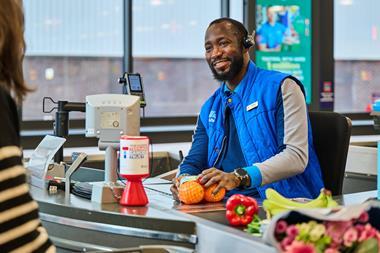
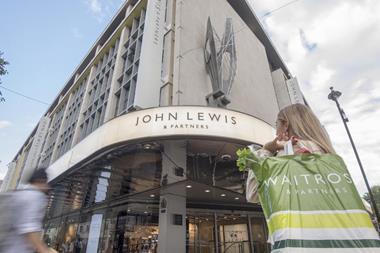
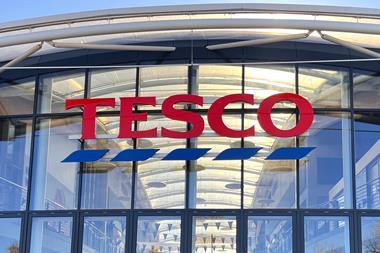


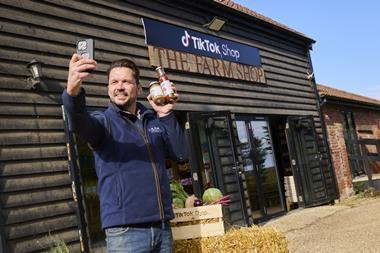
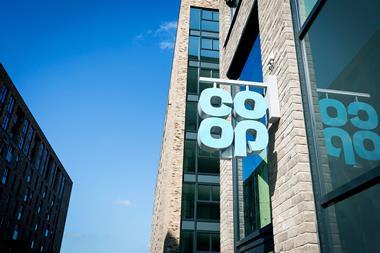

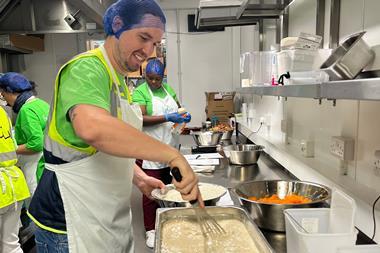

No comments yet